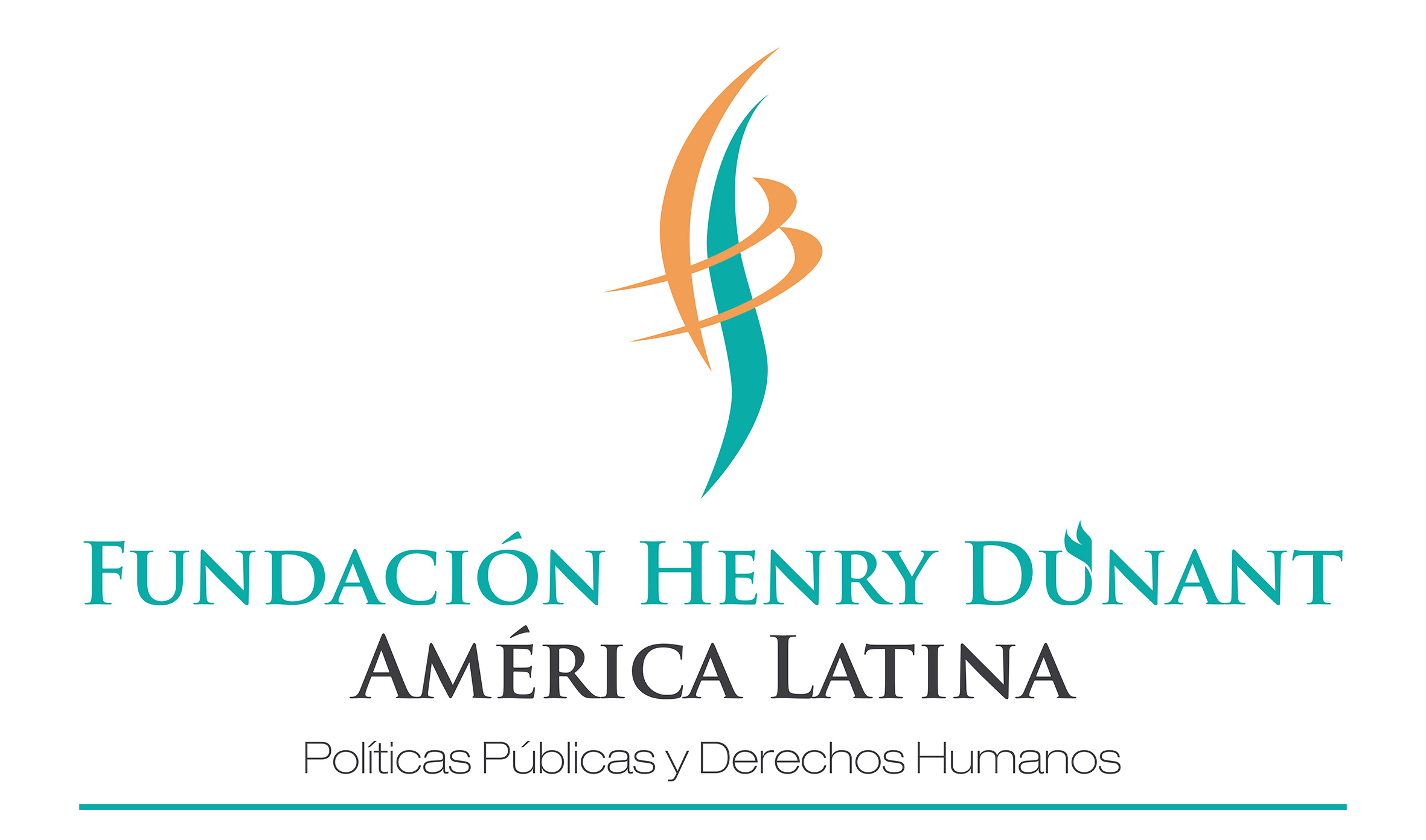The program consists of 725 hours (classroom hours combined with working and research hours), a multifaceted style of instruction developed into four basic units of learning that include distance training, in- class sessions (consisting of explanatory classes and workshops to formulate rights based public policy), writing a dissertation, and the completion of an internship in human rights and public policy.
Each diploma from the Henry Dunant Foundation consists of four units:
Unit 1: Distance training
The objective of this unit is to reinforce and evaluate the knowledge of the participants regarding the universal system of the protection and promotion of human rights, as well as the cycle of public policy. The Henry Dunant Foundation of Latin America and the International Henry Dunant Institute have arranged joint texts on their websites which can be accessed freely: www.fundacionhenrydunant.org In this way, the students will be able to prepare for the other three units, through the consultation and study of this material.
The fulfillment of this unit also includes the preparatory work in the group workshop: formulation of public policy. In this phase, the students are supported by the academic coordination of the foundation.
Unit 2: In class sessions
This unit is carried out via classes given by a team of teachers consisting of high level professionals, experts from international organizations, academics and directors of non-governmental organizations (NGOs) from various countries in Latin America, which have a proven track record in the field of human rights, children’s rights, gender and development, education and public policy.
The objective of this unit is to give the students the necessary theoretical tools and instruments to establish a focus of human rights in the design, implementation, monitoring and evaluation of public policy. With that purpose, the mixed curriculum of the in-class sessions is composed of classes and group workshops focusing on the study of cases regarding the creation of policies based in human rights.
Students that complete unit 1 (Distance training) and unit 2 (In-class sessions) will receive a certificate of participation that will be given at the end of unit 2 in Santiago, Chile. The in-class session, unit 2, is five days long, with each day lasting 9 hours and 30 minutes with brief breaks for lunch and coffee.
Unit 3: Writing a dissertation
This unit consists of the completion of a short research project (dissertation), which should focus on the incorporation of the theoretical content and working methodology of the previous units. The dissertation is an individual or group (maximum three students) product in which the students should analyze existing policies from a human rights and public policy perspective or propose public policies for specific situations. The work of a dissertation is a synthesis of fulfilled apprenticeship of the two previous units. Through the search to contribute to the creation of knowledge through a focus on rights and public policy for childhood and adolescents, students’ dissertations that are carried out and approved in a satisfactory manner will receive the “International Diploma of Specialization in Human Rights and Public Policy for Childhood in Latin America and the Caribbean”.
Unit 4: Internship (optional)
Students will have the option to intern at the Henry Dunant Foundation for a period of no more than six months of after having their dissertation approved.
The internships begin the moment students interact and construct alliances and collaborative ties with professionals which consist of international experiences regarding the management of programs of development, human rights and social improvement, with the purpose of creating a favorable atmosphere for the creation and management of public policy, as well as the understanding of these the concepts, methodology, and procedures within a human rights framework.
The internship has three parts. Preparation for the internship: in this stage, the intern informs the organization where they will complete the internship, gains familiarity, analyzes their strategy and programs, and proposes the area of the organization in which they would like to work during the internship. During this stage, which lasts 45 days, the student will maintain contact with the organization’s designated recipient and will come to an agreement with them regarding the terms, the program of work and all the necessary details in order to complete the internship. Execution of the Internship: two weeks in length, in which the intern will finish his or her program and write a report about the internship. Evaluation of Internship: A one day workshop, which will be attended by all the interns of that period, with the goal of sharing information and evaluating their respective experiences. The interns completing their stay in other Latin American countries will have an evaluation in Santiago, Chile. The traveling expenses will need to be covered by the individual, but the lodging in Santiago and other relevant expenses will be covered by the organization at which the student interned.
